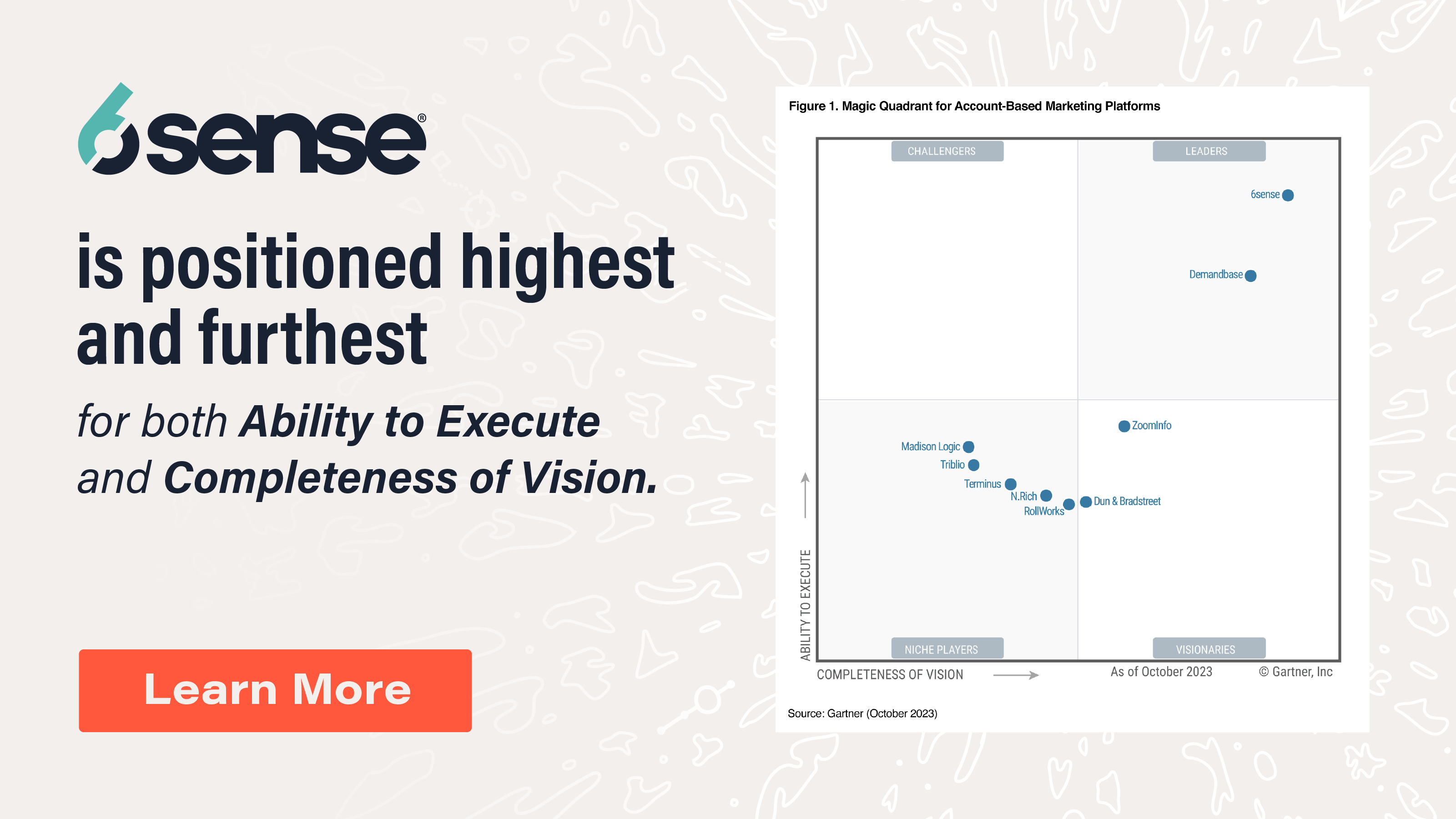What makes a good salesperson? Are they born, or made? Do certain personalities gravitate to sales, or perform better?
To help you understand the nuances of personality and how certain traits can affect sales performance, we had a conversation with Michelle ‘Emtre’ Hollis, a Sales Confidence Coach, CEO of VisionBoard Music, and Founder of the Hi-Five to the Vibe Movement.
“The truth is,” Hollis said, “every salesperson has to have a lot of different personalities. It may be exhausting, but it can become more of an internal growth too. It requires you to personally develop yourself and build that resilience to keep yourself moving forward.”
Personality Traits in Sales
The most scientifically validated and reliable model to measure personality is the Big Five Personality Test, which consists of five main traits:
Conscientiousness
A salesperson high in conscientiousness is responsible, organized, and results-oriented. Conscientiousness is the most valid predictor of ideal performance criteria, making conscientious salespeople highly sought-after by recruiters.
Agreeableness
An agreeable salesperson is one that is empathetic, patient, kind, and trustworthy. They are able to make their prospects feel comfortable and connect with them at an emotional level. These positive social characteristics make them highly customer-oriented, improving their sales performance as a result.
Neuroticism
Neuroticism, or emotional stability, measures the extent to which people experience feelings and emotions such as anger, rejection, irritability, anxiety, and self-consciousness.
Salespeople with high neuroticism (low emotional stability) tend to get overwhelmed when things don’t go their way. They’re more likely to fall into a spiral of self-doubt and insecurity when they face rejection for factors even outside their control.
Meanwhile, those with low neurotic scores (high emotional stability) tend to be less bothered by rejection and negative events in the workplace.
Extroversion
An extrovert is interested in and seeks gratification from what is outside the self. Extroverted salespeople actively engage with their prospects, customers, and colleagues, making them excellent motivators.
Openness to experience
Salespeople with high levels of openness to new experiences are most often creative, imaginative, and flexible. Their orientation towards new ideas keeps them open to change and hence, they find it easier to adapt quickly to the latest and best sales processes.
Although it is hard to narrow down which of these five personalities is the most important for sales performance, it is important to remember that the best salespeople will often find themselves combining and mixing up different personalities depending on the situation.
Sales Personalities at Work
Situation #1: Cold Call
Best Trait for Managing: Conscientiousness
“Even though a cold call may last only a few minutes, you still get the chance to ask the right questions and connect with them before recommending your product. It’s not as much putting a personality on as it is connecting with your prospect’s personality,” said Hollis.
Situation #2: Dealing with Prospects
Best Trait for Managing: Agreeableness
“Being an observant leader starts with listening. Learning when to talk and when to be quiet is a skill that we can all use, no matter who we are.”
Situation #3: Working with Colleagues
Best Trait for Managing: Extroversion
“It’s important to feel, and to be able to perform as a part of your sales team,” Hollis said. “When you can align somebody’s personal goals with who they are, you can help them see themselves as part of the organization. That’s when you have a team of loyal employees that feel like they’re part of a family.”
Leading Individuals to Become a Team
Hollis recommends sales leaders consider both their salespeople’s innate personality traits as well as the ones they put on in different sales situations. Techniques she advises include:
- Create a safe space in which salespeople can truly be themselves and not have to perform any personality traits.
- Understand what motivates your salespeople and why. Connection? Relationships? Success? Achieving goals?
- Visualize their goals and then helping them put together a clear action plan.
“In this world today, we’re just pushing strategy and tactics so much that letting people just take some time to add their real selves into the equation makes a huge difference,” said Hollis. “Equity is when people see themselves and realize that they all have a chance to be themselves and bring their whole self to the table.”






